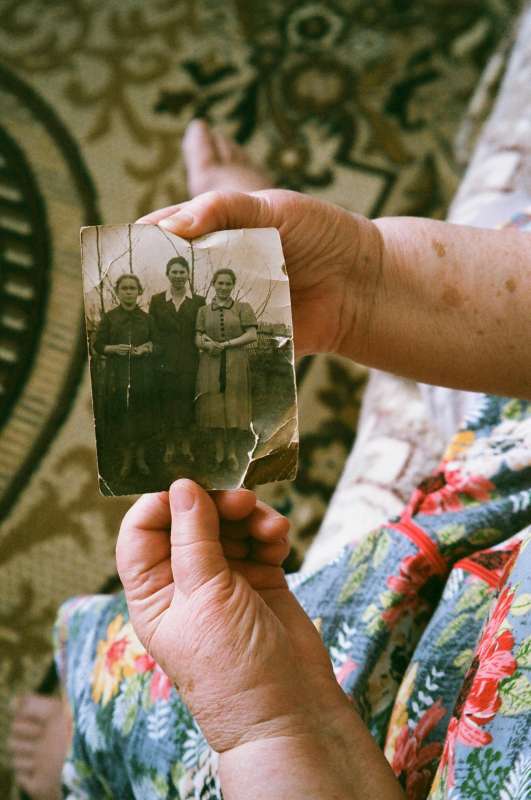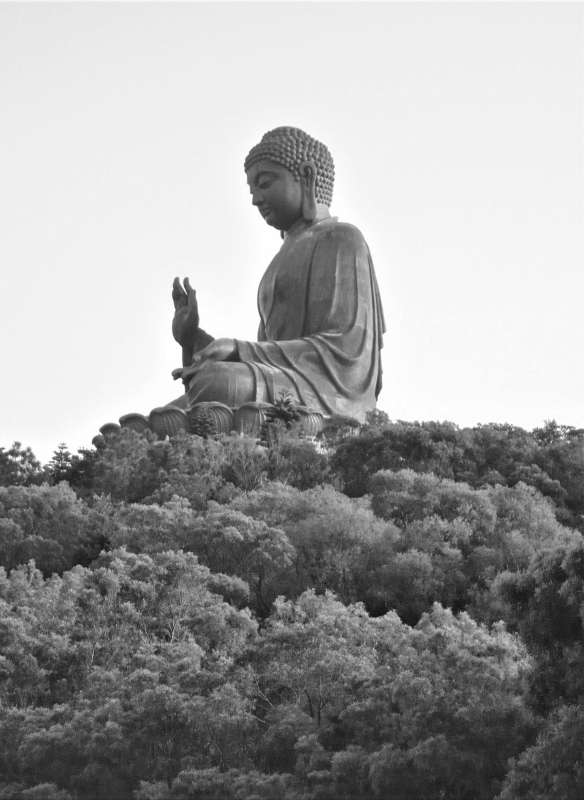The Grandfather Paradox and Other Time Travel Riddles
Published on: May 6, 2025
The Grandfather Paradox and Other Time Travel Riddles
Time travel has fascinated humanity for centuries, inspiring not only science fiction stories but also deep philosophical and scientific debates. At the heart of these discussions are time travel paradoxes—mind-bending puzzles that challenge our understanding of causality, logic, and the very fabric of reality. Among these, the Grandfather Paradox stands out as one of the most famous and perplexing. In this article, we will journey through the Grandfather Paradox and explore other time travel riddles that reveal the terrifying dilemmas inherent in the concept of moving through time.
Understanding Time Travel
Before delving into paradoxes, it’s essential to clarify what is meant by time travel. In simple terms, time travel refers to the movement between different points in time, analogous to moving between different points in space. While we all travel through time at a constant rate (one second per second), the notion of jumping backward or forward in time—either to revisit the past or explore the future—remains a staple of speculative fiction and theoretical physics.
In physics, time travel is often discussed in the context of Einstein’s theory of relativity, which allows for scenarios such as time dilation (where time passes at different rates depending on speed or gravity) and closed timelike curves (paths through spacetime that loop back on themselves). However, many of the paradoxes associated with time travel arise when we consider the possibility of traveling into the past and interacting with earlier events.
The Grandfather Paradox: A Classic Conundrum
The Grandfather Paradox is perhaps the most famous time travel paradox. It poses a simple yet devastating question: what happens if you travel back in time and kill your own grandfather before your parent is conceived? If you succeed, your parent (and by extension, you) would never be born. But if you were never born, how could you have traveled back in time to commit the act in the first place?
This paradox exposes a fundamental problem with the idea of changing the past. It creates a logical contradiction—a loop where cause and effect break down. If your actions in the past prevent your own existence, then you could not have performed those actions, which means your grandfather survives, and you are born, allowing you to go back and kill him, and so on. This infinite regression makes the Grandfather Paradox a powerful illustration of the challenges inherent in time travel to the past.
Philosophical Implications
The Grandfather Paradox forces us to question the very nature of causality—the relationship between cause and effect. In our everyday experience, causes precede effects, and the past is fixed and unchangeable. Time travel, however, introduces the possibility of retrocausality, where effects can precede their causes. This undermines our intuitive understanding of how the universe works and raises profound questions about free will, determinism, and the structure of reality.
Solutions and Interpretations
- Consistency Principle: Some physicists and philosophers propose that the universe enforces a consistency principle, which prevents paradoxes from occurring. In this view, any actions taken by a time traveler in the past must be consistent with the world they came from. For example, if you attempt to kill your grandfather, something will always intervene to prevent you from succeeding—perhaps your gun jams, or you miss your target.
- Multiple Timelines/Parallel Universes: Another popular solution is the many-worlds interpretation, which suggests that traveling back in time creates a branching of timelines. When you kill your grandfather, you do so in an alternate universe, while your original timeline remains unchanged. This avoids the paradox but introduces the idea of countless parallel realities.
- Self-Consistency Loops: Some theories allow for closed timelike curves, but only if events are self-consistent. This means that any actions taken by a time traveler were always part of history, and cannot change it. This is sometimes called the "Novikov self-consistency principle."
Other Time Travel Paradoxes
The Grandfather Paradox is just one of many time travel riddles that have captured the imagination of thinkers and storytellers. Here are a few other notable examples:
The Bootstrap Paradox
Also known as a causal loop, the Bootstrap Paradox involves an object or piece of information that exists without a clear point of origin. Imagine a time traveler who goes back in time and gives Shakespeare a copy of his own works. Shakespeare then publishes them, and centuries later, the time traveler reads them and takes them back to Shakespeare. Who wrote the plays? The information seems to come from nowhere, creating a loop with no beginning.
This paradox challenges our notions of authorship, originality, and the flow of information. It also raises questions about the conservation of mass and energy, as objects could theoretically be duplicated endlessly through time loops.
The Predestination Paradox
In the predestination paradox, a time traveler’s actions in the past are the very events that cause them to travel back in time in the first place. For example, suppose you travel back in time to prevent a disaster, but your attempts to stop it inadvertently cause the disaster to occur. Your actions are both the cause and effect of the event, creating a closed loop of destiny.
Such paradoxes suggest a deterministic universe, where free will is an illusion and all events are predestined. They are a staple of science fiction stories, such as the film "12 Monkeys" or Robert A. Heinlein’s story "By His Bootstraps."
The Double Occupancy Paradox
This lesser-known paradox arises when a time traveler meets their past self. If you travel back five minutes and encounter yourself, are there now two of you in the same timeline? What happens if you interact, or worse, if you harm your past self? Some interpretations suggest that the universe cannot tolerate such duplications, leading to catastrophic consequences or the spontaneous merging or destruction of the duplicates.
The Polchinski Paradox
Physicist Joseph Polchinski proposed a version of the grandfather paradox involving a billiard ball and a wormhole. Suppose a billiard ball enters a wormhole and emerges in the past, where it collides with its earlier self, preventing it from entering the wormhole in the first place. This creates a physical, rather than biological, version of the paradox, highlighting the challenges of maintaining consistency in the laws of physics under time travel.
Time Travel in Science Fiction
Many of these paradoxes have been explored in science fiction, which serves as both a testing ground for philosophical ideas and a source of entertainment. Stories like "Back to the Future," "The Terminator," and "Doctor Who" play with the consequences of changing the past, meeting one’s ancestors, or becoming trapped in causal loops. These narratives often highlight the dangers and ethical dilemmas of time travel, as characters struggle with unintended consequences and impossible choices.
Science fiction also explores solutions to paradoxes, such as parallel universes, time police who enforce the integrity of the timeline, or technology that limits the scope of time travel to prevent catastrophic changes. Through these stories, we can safely explore the implications of time travel and reflect on the nature of fate, choice, and the human condition.
Scientific Perspectives: Is Time Travel Possible?
While time travel remains a popular subject in fiction, what do scientists say about its feasibility? According to general relativity, certain solutions to Einstein’s equations—such as wormholes or rotating black holes (Kerr black holes)—could, in principle, allow for time travel. However, these scenarios require exotic conditions, such as negative energy or matter with unusual properties, which may not exist in our universe.
Quantum mechanics introduces further complications, as the behavior of particles at the smallest scales seems to defy classical logic. Some physicists speculate that quantum effects could resolve paradoxes by allowing for multiple outcomes or histories, as in the many-worlds interpretation. Others suggest that the laws of physics contain built-in safeguards that prevent paradoxes from occurring, preserving the consistency of the timeline.
Despite these intriguing possibilities, there is currently no experimental evidence that time travel to the past is possible. Most scientists believe that the paradoxes and logical contradictions inherent in time travel make it unlikely, at least with our current understanding of physics. Nevertheless, the study of time travel continues to inspire new theories and insights into the nature of time, causality, and the universe itself.
Philosophical Reflections: The Meaning of Time
Beyond the scientific and logical challenges, time travel paradoxes invite us to reflect on the meaning of time itself. Is the past fixed and immutable, or is it open to change? Do we have free will, or are our actions predetermined by the laws of physics? Can information or objects exist without origin, as in the bootstrap paradox?
These questions have profound implications for our understanding of reality. Some philosophers argue that time is an illusion, a human construct that helps us make sense of experience. Others see time as a fundamental aspect of the universe, woven into the fabric of space and matter. The paradoxes of time travel force us to confront the limits of our knowledge and the mysteries that still surround the nature of existence.
Conclusion: The Enduring Fascination of Time Travel Paradoxes
The Grandfather Paradox and other time travel riddles continue to captivate scientists, philosophers, and storytellers alike. They challenge us to question our assumptions about causality, logic, and the structure of reality. While time travel may remain forever beyond our reach, the paradoxes it inspires offer a window into the deepest mysteries of the universe—and the human mind.
As we ponder these dilemmas, we are reminded that the journey through time, whether real or imagined, is as much about exploring the boundaries of thought as it is about traversing the corridors of history. In the end, the true value of time travel paradoxes may lie not in their solutions, but in the questions they raise and the wonder they inspire.










